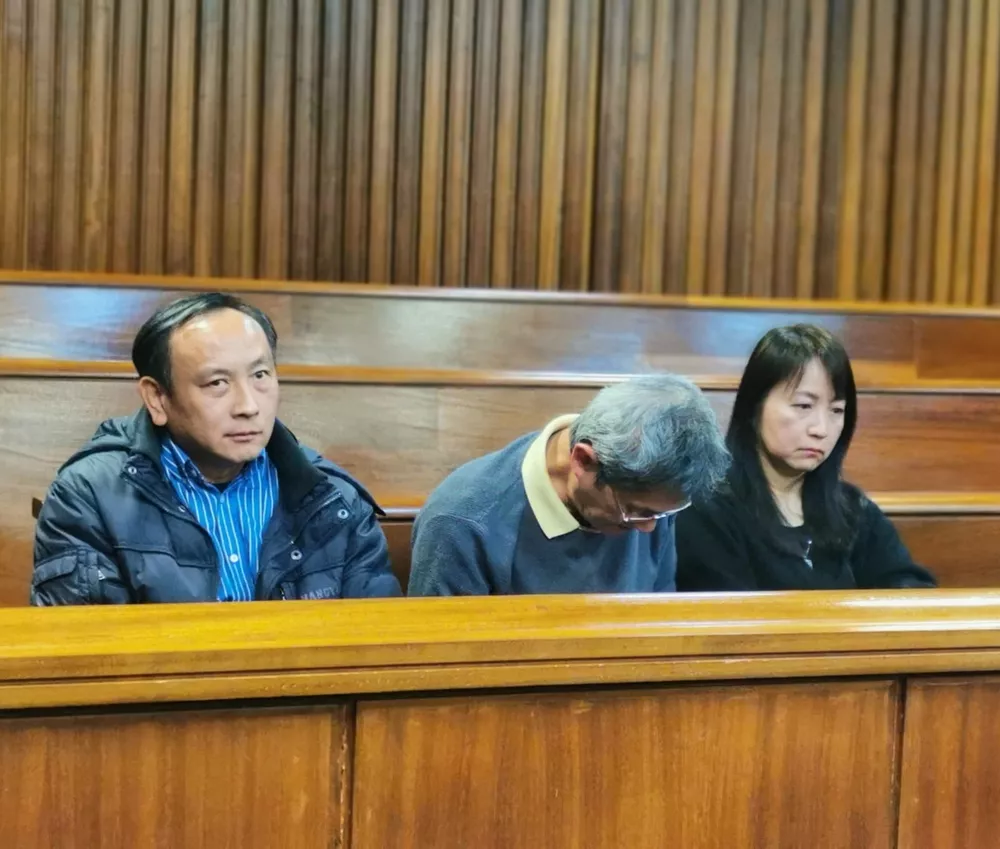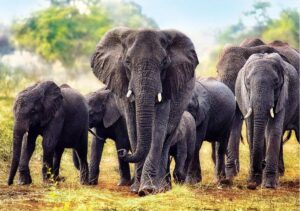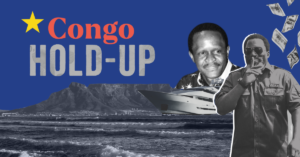Tulani Ngwenya
Komatipoort, Gqeberha, and Eastern Cape – The rampant poaching of abalone is casting a long shadow over South Africa’s coastal ecosystems, with organised crime syndicates reaping immense profits while depleting marine resources. Recent arrests and a high-profile trial have brought this pressing issue into sharp focus.
In the Eastern Cape, two local suspects were apprehended with abalone valued at R40 000, while in Mpumalanga, two Mozambican nationals were arrested for possession of R648 900 worth of the delicacy. These seizures underscore the scale of the problem, with poachers operating across provincial borders.
Meanwhile, in the Gqeberha High Court, three Chinese nationals are facing charges related to the smuggling of approximately 40 tonnes of abalone, valued at R100 million. The accused, Kai Ou Yang, Chu-Kai Chang, and Hsien-Chu Ou Yang, allegedly orchestrated a sophisticated operation involving multiple ports and the use of deceptive packaging.
The environmental impact of abalone poaching is devastating. The slow-growing mollusk plays a crucial role in maintaining the delicate balance of marine ecosystems. Overfishing can lead to habitat destruction, biodiversity loss, and economic hardship for coastal communities reliant on sustainable fishing practices.
MORE FROM AFRICA NEWS 24
Truck Driver Gift Moyo Opens Up About Life on the Road
Law enforcement agencies are intensifying their efforts to combat this lucrative criminal enterprise. Collaborative operations between different provinces and international partners are essential to dismantle the complex networks involved. Additionally, there is a growing need for stricter regulations and penalties for those convicted of abalone-related offences.
As the trial against the Chinese nationals unfolds, the public is watching closely. The outcome of the case could set a precedent for future prosecutions and deter potential poachers. Experts warn that unless concerted efforts are made to address this crisis, the future of South Africa’s abalone stocks is at risk.












